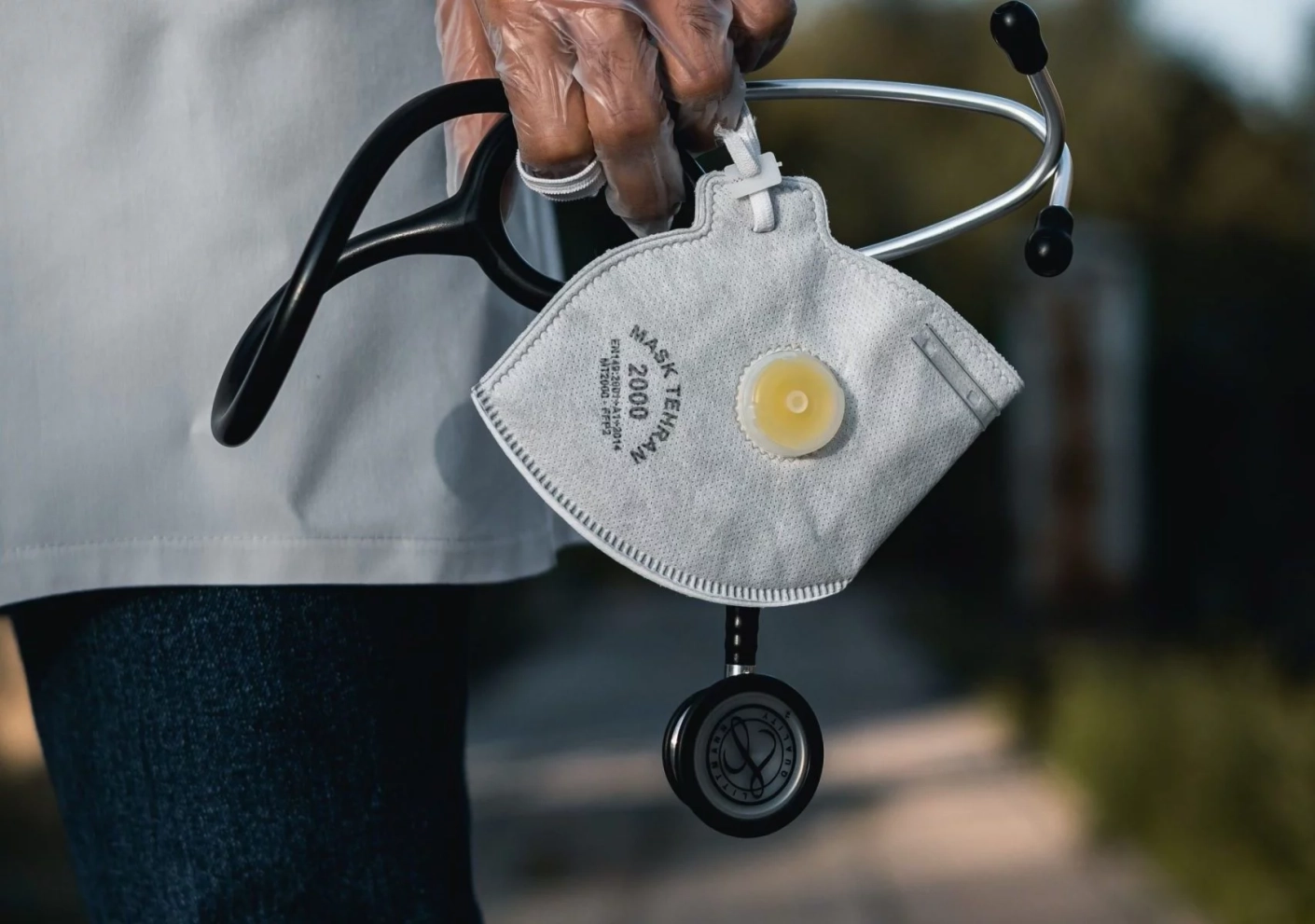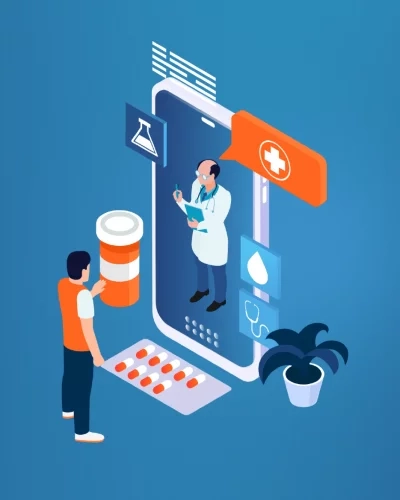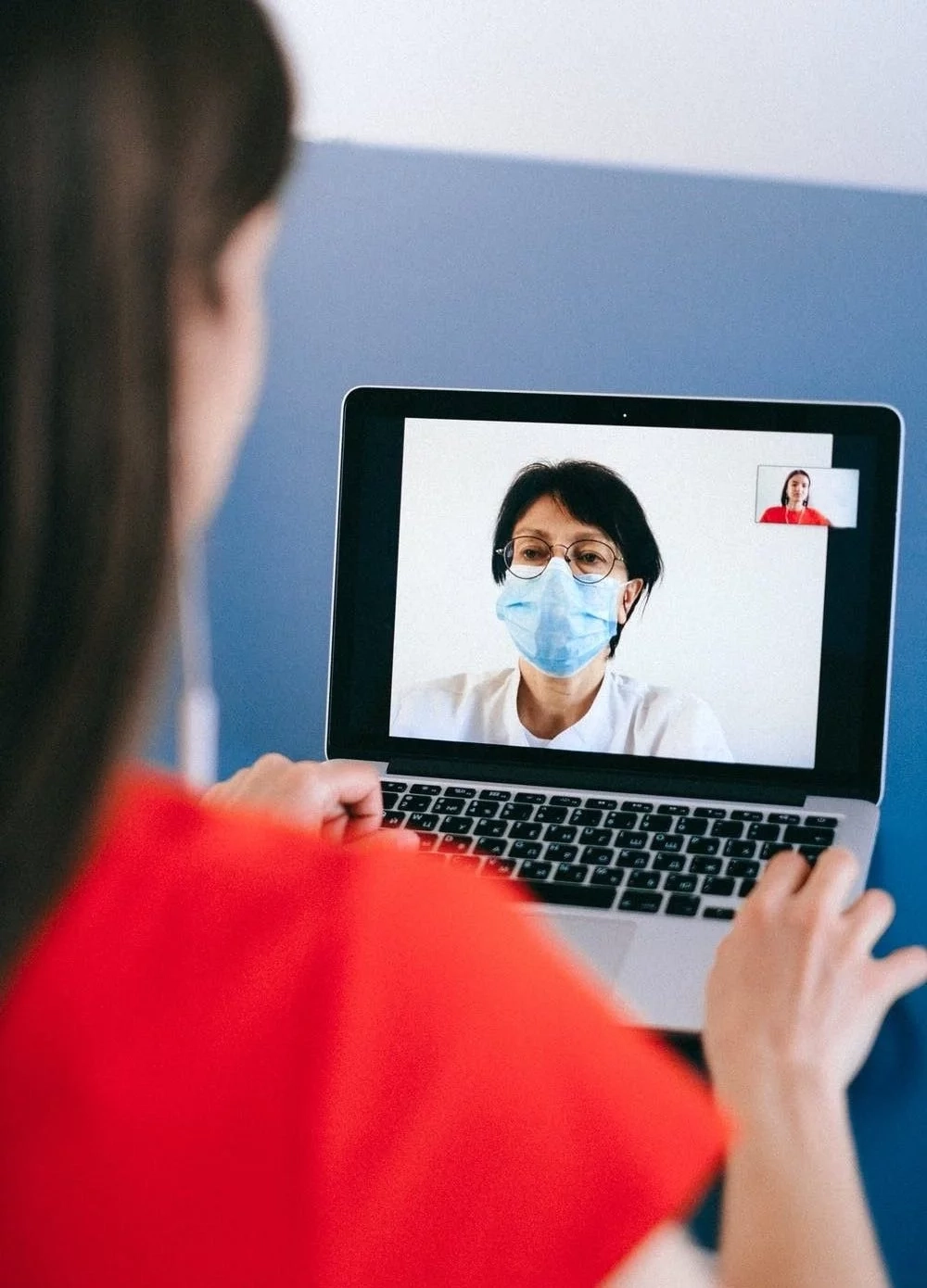According to Gaël Sliman, president of Odoxa, “Telemedicine has a “boulevard” to develop further in our country, but for its rate of progression to be optimized, the public authorities will still have to communicate, reassure and explain, both to the French and to healthcare professionals, and in particular to general practitioners.”
One of the subjects of concern for doctors and patients and an obstacle to the adoption of teleconsultation is the subject of health data protection. Several doctors’ unions and user associations are concerned about the level of security of data storage. These actors are increasingly wary of non-European teleconsultation platforms or those hosted by actors subject to American law, which authorizes data collection. A survey conducted by the French Federation of Diabetics in 2020 confirms this feeling, as 79% of respondents expressed their opposition to companies such as Google, Amazon or Apple offering telemedicine services.
Furthermore, in July 2020, the European Court of Justice invalidated the Privacy Shield, a text that established that American legislation offered the same guarantees as European law.
The choice of 100% French or European teleconsultation platforms (technology and hosting) will undoubtedly reassure doctors and users, remove this obstacle and further encourage the adoption of teleconsultation.







